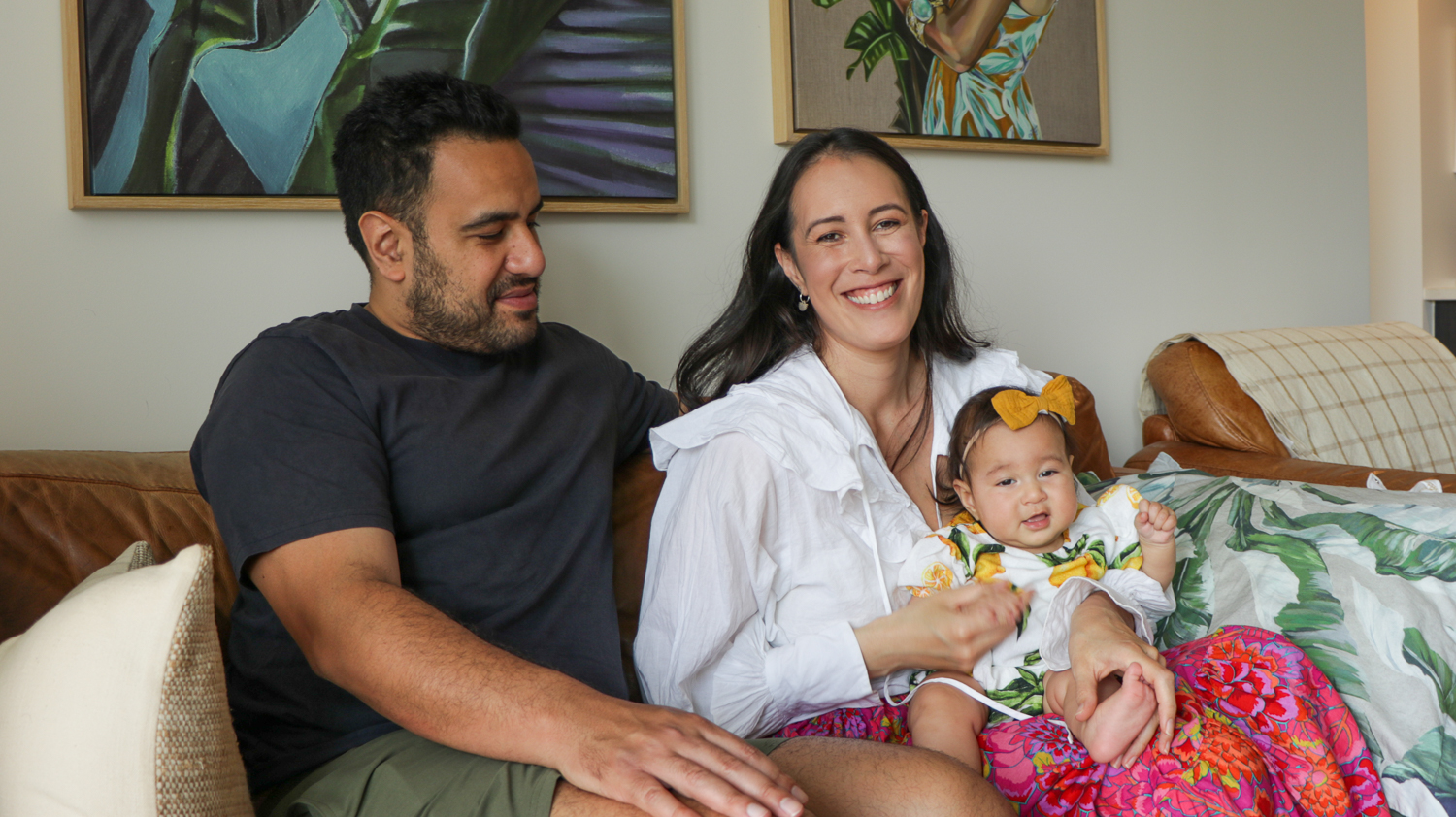
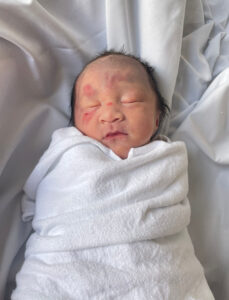
The birth of a new pēpi is a life-changing event – and, when pēpi are born prematurely or with complex medical needs, this can be an overwhelming time for whānau as they adjust to caring for the additional health needs of their baby
This is something first-time parents Laura and Teokotai know first-hand. Their daughter, Maiwa, was born at 36 weeks and five days following a difficult delivery.
Māmā and pēpi needed extra support
Soon after her arrival, it became apparent that both māmā and pēpi would need some extra support before they were well enough to go home – and when Maiwa was three days old, the pair were admitted to Whitinga ora pēpi, a neonatal transitional care unit which is the first of its kind in Aotearoa.
Opened in late 2021, the unit provides care to newborn babies and parents who need dedicated support before transitioning home. Its uniqueness lies in its collaborative approach to caring for mother and baby, bringing midwifery and neonatal intensive care unit (NICU) expertise together.
‘The family become the lead caregivers and we become their support crew.’
Most patients are māmā and their pēpi who are born late pre-term or prematurely, or who have graduated from NICU but still need wraparound support.


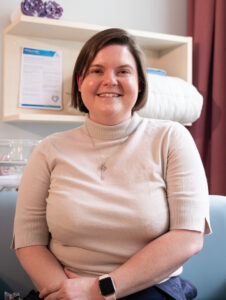
Co-charge midwife Rebecca Clark explains that the unit is guided by a whānau-centred approach which aims to improve access to equitable, compassionate and high-quality care. During their stay, māmā and pēpi are resident together 24/7 and rooms are set up to accommodate support people such as dad, nan or aunty, overnight.
“What these pēpi really need is time to learn to feed and to grow,” Clark says. “And, we’re here to support [the parents] while they take the lead in caring for their baby and learning about their needs until they are thriving and well enough to go home.”
Nurse and midwife-led
Whitinga ora pēpi is the result of a collaboration between two Te Whatu Ora — Te Toka Tumai Auckland services: the NICU at Starship Child Health and women’s health. Both services are located on the joint Auckland City Hospital/Starship site, and the unit itself is located within the Auckland City Hospital maternity ward, next to the NICU.
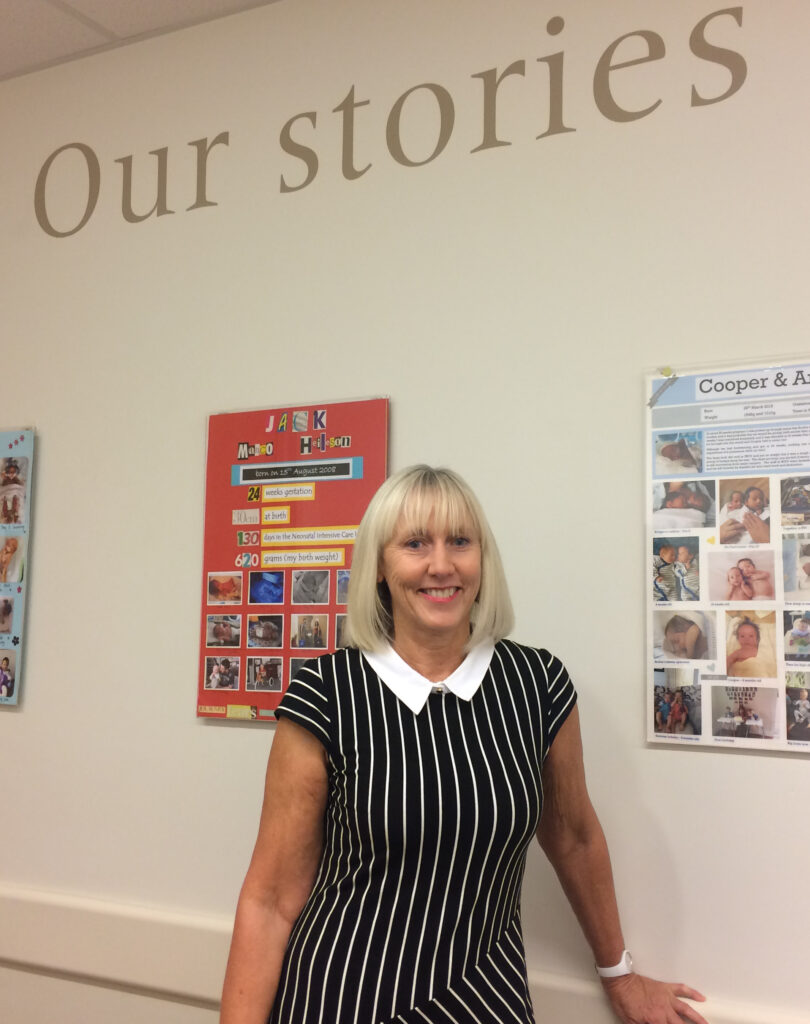
NICU nurse unit manager Dale Garton says the two services have a decade-long history of working together to improve care for late pre-term infants. She says that introducing neonatal transitional care offers an excellent opportunity to continue this collaboration, not only between services, but also with the whānau of the babies in their care.
‘Whānau are telling us they are feeling confident and well-supported with things like feeding and bonding and are ready for the transition home.’
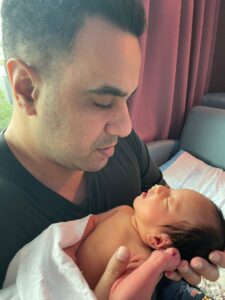
The service is staffed by a nurse and midwife-led team which also includes paediatricians, obstetricians, speech and language therapists and lactation consultants. Together, they work to wrap care and support around whānau, preparing them for their transition home.
Neonatal nurse Ros Gasparini describes this approach as the “ultimate in neonatal care”.
“As neonatal nursing staff, we work alongside our midwifery colleagues so we can share our expertise with one another to ensure we’re always making things better for families.”
“The family become the lead caregivers and we become their support crew,” she says.
‘Babies transitioning to wellness’
The unit’s name, Whitinga ora pēpi, can be translated as “babies transitioning to wellness” – which was certainly the case for Laura, Teokotai and Maiwa.
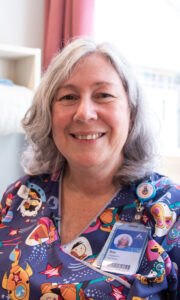
“Maiwa was a forceps delivery, she had extensive bruising on her face and neck and at the time we didn’t realise how jaundiced she was,” Laura says. ”Maiwa wasn’t waking for feeds and a tongue-tie meant she was struggling to latch.
“All of this meant we definitely needed extra care for her.”
After 10 days, Maiwa was thriving and feeding well. Laura had received specialist breastfeeding support, whilst Maiwa had blue-light therapy for her jaundice.
‘What these pēpi really need is time to learn to feed and to grow.’
“It was the rainbow in the rain for us,” Laura says, adding that they left with the “knowledge and support to confidently meet Maiwa’s needs”.
Eighteen months on from the establishment of the unit, the team have received overwhelmingly positive feedback from whānau.
“Whānau are telling us they are feeling confident and well-supported with things like feeding and bonding and are ready for the transition home,” Clark says.
Premature twins Agi and Gerry

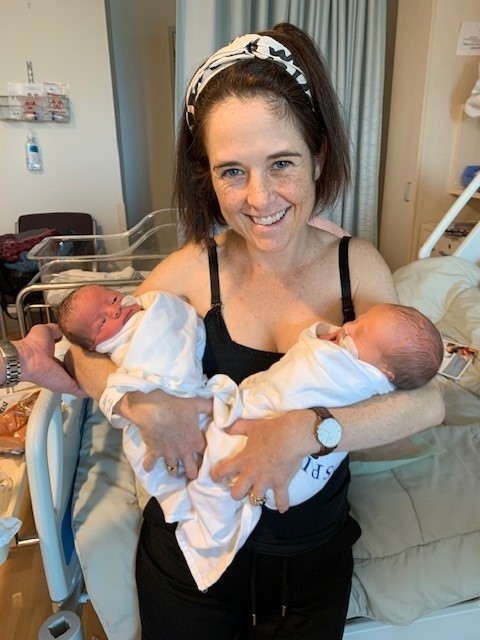
Whānau like Rosie and Darren, with their twins Agi and Gerry, who were born at 36 weeks and two days.
The twins’ parents were taught how to tube-feed their babies, then wean them off tube feeding and establish a plan for breastfeeding for their return home.
“I can’t speak more highly of Whitinga ora pēpi and what they did to help give our kids the best possible start in life,” Rosie says.
This early feedback is supported by strong international evidence showing the short and long-term benefits of neonatal transitional care.
“Neonatal transitional care has been a proven success in other health-care facilities globally. The impact has been very positive in both reducing the number of neonatal admissions but also improving outcomes for babies,” Garton says.
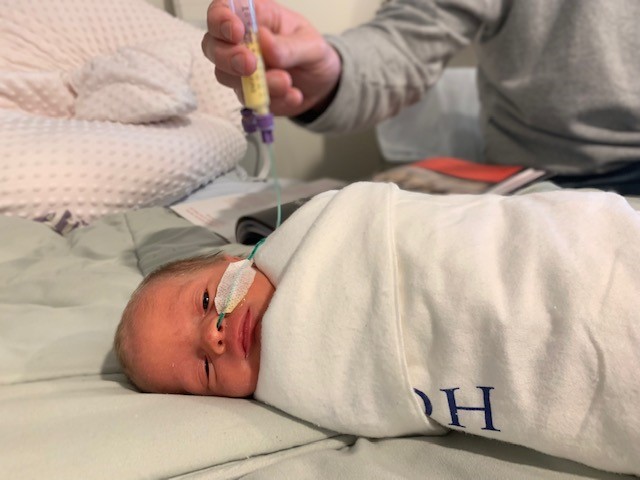
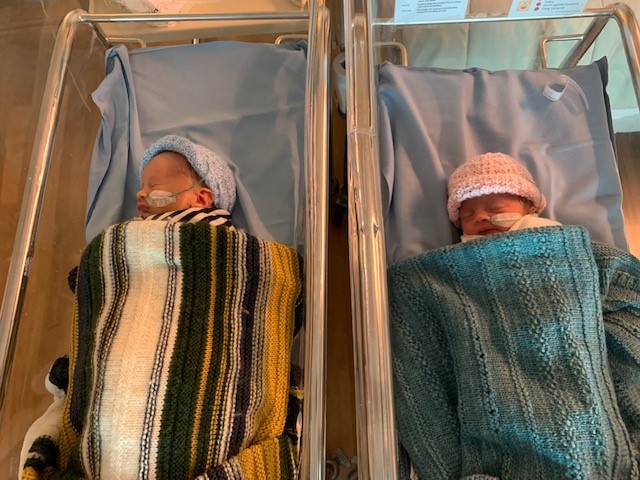
International evidence has included reduced length of hospital stay, improved attachment and bonding, improved maternal confidence and improved breastfeeding rates sustained post-discharge.
Home now, and thriving
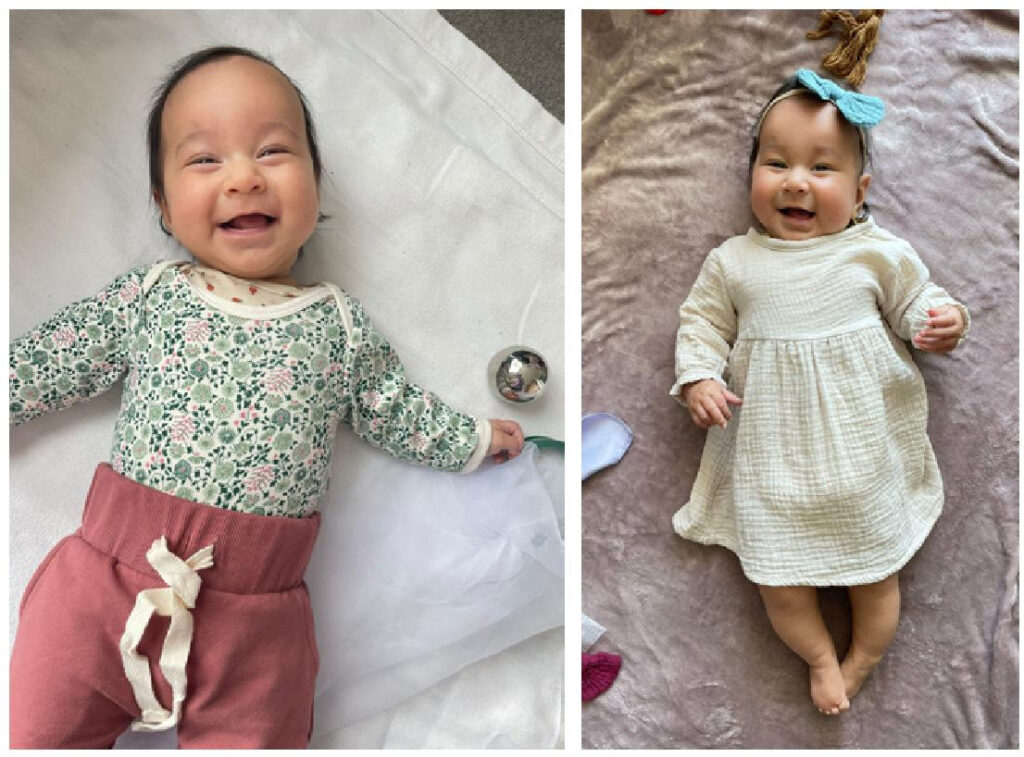
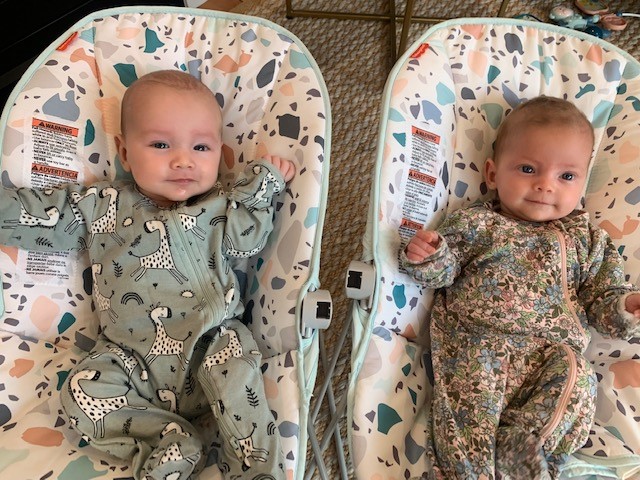
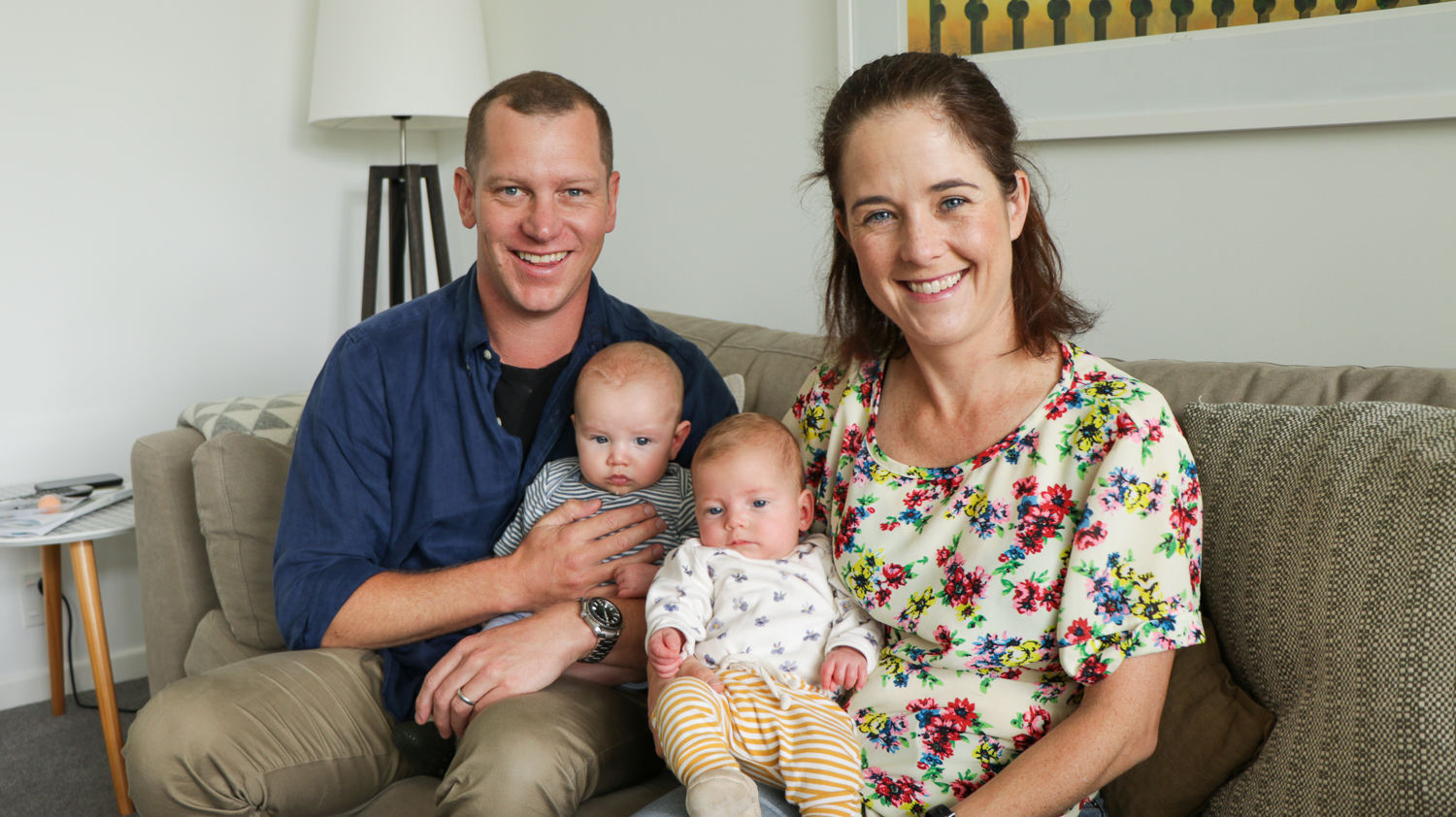
Corporate philanthropy
Whitinga ora pēpi has been made possible by philanthropy. The project work needed to establish the unit was funded by the Starship Foundation, while the furnishings and equipment were paid for by real estate company Barfoot & Thompson, which has a longstanding philanthropic relationship with Starship.
“The funding from the Starship Foundation and Barfoot & Thompson really enabled us to have the unit all set up and ready to go from day one,” Clark says.
“This included equipment such as phototherapy equipment and heated mattresses for our really small pēpi.
“I want to say a huge thank you to Barfoot & Thompson for giving us what we needed to get this amazing service up and running. It’s had a huge impact not only on our team here, but every whānau who has come through the door.”
The Starship Foundation is a charitable organisation which raises funds so that Starship Child Health can deliver world-class health care for any child in Aotearoa New Zealand who needs it. Since 1991, in partnership with generous donors like Barfoot & Thompson, the foundation has contributed more than $160 million towards paediatric health care, benefitting tamariki, whānau and communities across Aotearoa New Zealand.
Penny Elliot is the corporate marketing and communications manager for the Starship Foundation.


